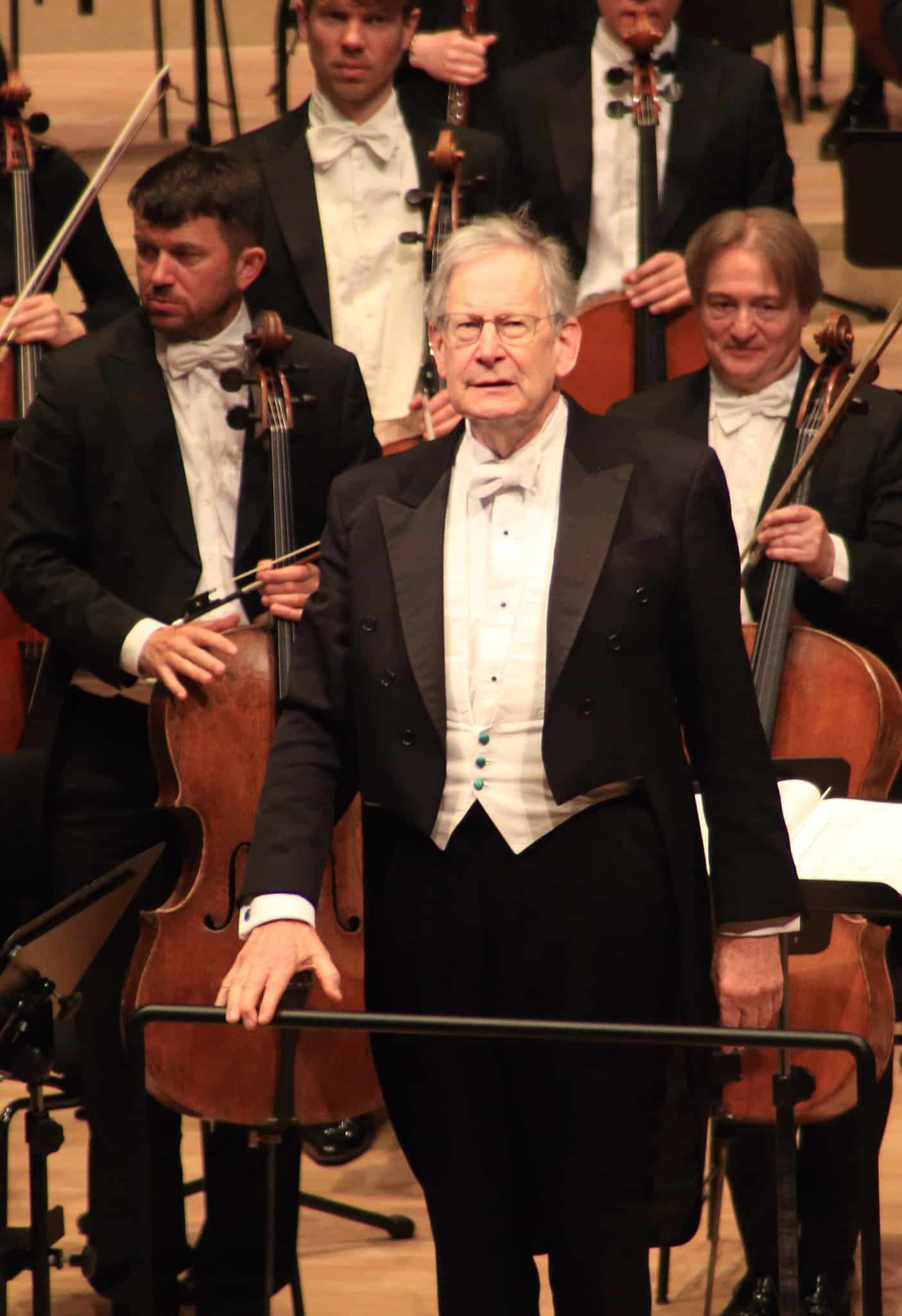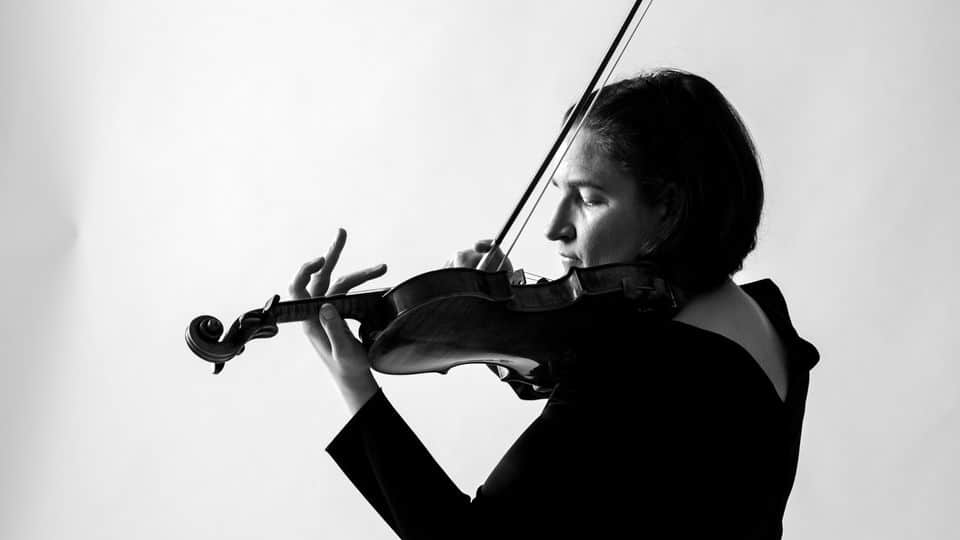What stops people singing in church
mainA passionate diatribe about the things that stop people singing nowadays.
We began by changing our understanding of corporate worship. It’s not for the church, it’s for those who aren’t part of the church. The historic liturgy is out, and the 19th-century revival model is in. Instead of the entire service being filled with acts of worship – congregational prayers, affirmations, responses, and, yes, singing – we’ve decided that the singing alone is the “worship,” followed by preaching or teaching time (NOT worship), and then followed by a little more singing (again, worship) for good measure.
So, while the congregation once had a vital role in the entire service, we’ve decided they really only need to participate during the music.
But we didn’t stop there.

Read on here.





An interesting article which isn’t that far off the mark.
It depends on the church of course and also upon which ‘ism’ one is affiliated to.
What has been interesting is that the English Vatholic choral tradition has experienced a real revival of late with some ambitious schemes in Leeds and Norwich which have spread the singing mission around the district most effectively. Witness the demise of the choir at Leeds Parish Church (it’s now disbanded) and the exponential rise of choral groups at St Anne’s Cathedral (Catholic) round the corner.
I cannot stand modern worship songs as they are banal, repetitive and rely on three chord tricks with childish and frankly tedious words. They are no easier to sing and the old -established one note per syllable hymns are actually easier to learn, and, of course, harmonically far more interesting.
A good point made in the article about the fact that congregational hymn books no longer containing the basic printed melody line. Southern German catholic hymn books still have this, not that it makes much difference as their congregations don’t really make much effort!
A quick check of any songs of praise in the BBC reveals the status quo quite accurately I some ways. It’s artificially produced of course, with its over rehearsed record congregations but it’s those modern abominations which put things into context.
I stopped my church music duties over a year ago, partly down to some wear and tear in the fingers but mostly because I got nothing out of the music anymore, and, I suspect, neither do the congregation.
It’s not all doom and gloom of course but it will take a much more adventurous clergy and some decently trained choir trainers to address this demise.
As a final thought. Consider now that the Royal College of Organists exists almost as a virtual organisation operating from a PO Box address largely for the benefit of Oxbridge colleges with a very weak presence in the scheme of things. Same goes for the Royal school of Church Music. Both are increasingly ‘phantom’ presences with no real influence.
I read his argument. I’m not sure I get it… people don’t sing in church because there is too much singing in church.
I think the real reason people don’t sing in church is because they sing nowhere else in their lives and they have cultivated no ability in it. Even “Happy Birthday” at the office is too much for most.
I think this explains the fascination with the singing contest shows on TV. They are seeing something they imagine to be unusual, lost or rare..
Yes, I largely agree with Robert. I have just come in from taking a said Evening Prayer. Normally there would have been hymns and a psalm chant with barely enough people to sustain it so that worship sounded weedy and unconvinced. This evening, however, the choir were elsewhere so we sat in a circle in a side chapel. I said the office, we said the psalms and the canticles together and another cleric talked briefly – talked, not preached. Somehow at the end no-one wanted to leave so we just stayed and talked in ways that we wouldn’t normally have done after choral or sung evensong. By contrast, this morning in the same church I took an upbeat eucharist with a good singing group and a few musicians. The words were on ppt so every one faced the same way and were looking up. The lead musician and music organiser is a woman; too often these events are male dominated, reflecting a certain strain of fundamentalist theology and evangelicalism. In this church at least there is room for variety and a lay group do what they do well, judging how much a very mixed congregation can take. I also believe that some organists and choirs actually inhibit people and prevent them from singing.
“Passionate diatribe” is right. It is quite ridiculous to think that because the rest of us who go to church every Sunday don’t happen to attend the type of service this author advocates, we are no longer singing or worshipping or it is in some way dumbed down. People are different, they like different types of music in their sacred rituals. If I never have to sing a gendered and/or militaristically-themed hymn again I won’t complain.
There is a little bit of congregational singing in the large Catholic churches in Austria, but not much. This example demonstrates the kind and quality of singing you mostly get in those masses; though this requiem is far from a Sunday Hochamt, the orchestra and singers are typical of what you do get each and every Sunday at Stephansdom, Augustinerkirche and, to a lesser extent, Peterskirche. They are usually singing the great masses composed by Haydn, Schubert, Mozart and other composers who wrote works for the Catholic church.
https://www.youtube.com/watch?v=ZfSju3dPZ5c
Orchestras. semi-profesional singers, boys choirs and full masses are hardly the stuff of the ordinary church-goer, no matter how wonderful they may sound. Surely the problem goes much deeper than the lack of singing in Church. Far more important is the lack of numbers who feel that attending organised services is no longer the way to express their faith. I have friends who regularly attend their local Church. Others will not even consider it other perhaps than christenings, weddings and funerals.
For those who do attend there seems to be a degree of joy in the singing of well-known hymns. For others, such badly sung renditions of songs written for the most part well over a century ago are a major deterrent. What I wonder do young people feel about Wesley’s words? –
Where shall my wondering soul begin?
How shall I all to heaven aspire?
A slave redeemed from death and sin,
A brand plucked from eternal fire,
How shall I equal triumphs raise,
Or sing my great deliverer’s praise.
And what of the second verse of Sullivan’s most popular hymn –
At the sign of triumph
Satan’s host doth flee;
On, then, Christian soldiers,
on to victory!
Hell’s foundations quiver
at the shout of praise;
Brothers, lift your voices,
loud your anthems raise!
To most youngsters that I know, these words are divisive in our modern-day multi-cultural society, thus archaic, and as such are all but meaningless! Add to that pretty bad singing from ageing congregations – and the result is clear.
Both these hymn verses are inspiring to evangelicals – especially the Wesley. The problem I have with contemporary pop-oriented Christian music is that it’s lyrics lack the coherence of Wesley and the music is banal. M
The original article is a blog post aimed at evangelicals and so commentary from those of other perspectives is likely to miss the intended thrust of the debate.
A good observation regarding Austrian churches. There can indeed be a very high standard of church music and, I discovered,their hymnals do indeed contain the melody lines printed with the words(not that it makes much difference! I find their catholic congregational singing pretty dire, they didn’t make much of an effort).
Nevertheless, it very much depends upon the particular branch of religion you choose I suppose. Modern worship songs have done little to getthings going, I find them banal and the attempts at inclusion unconvincing or artificial.
Give me a rousing few verse of the Battle Hymn of the Republic, a real example of good old-fashioned ‘church militant’! No criticism of Nick’s opinions intended here, but the children at school used to really like that one. I suspect it was the tune they liked.
I’ve also attended church services in Amsterdam and there was a great deal of congregational singing there; I think it was a protestant service, from memory. I wanted to experience church music and services and organ music, so started at Nostre Dame and worked my way through Europe. Living in Vienna was a total joy because of their fabulous masses (which I’ve already discussed) and led me to understand the general impoverishment of Catholic services here in Australia. Alas, I have metaphorically and literally been to the mountain (in Austria) and I cannot go to Sunday mass in Australia and feel anything other than let down!! In Austria I celebrated the Austrian-ness of it all (same at the Musikverein) and that was all part of the experience. For me, it’s the ritual and sense of occasion which are both important. That and the inner life.